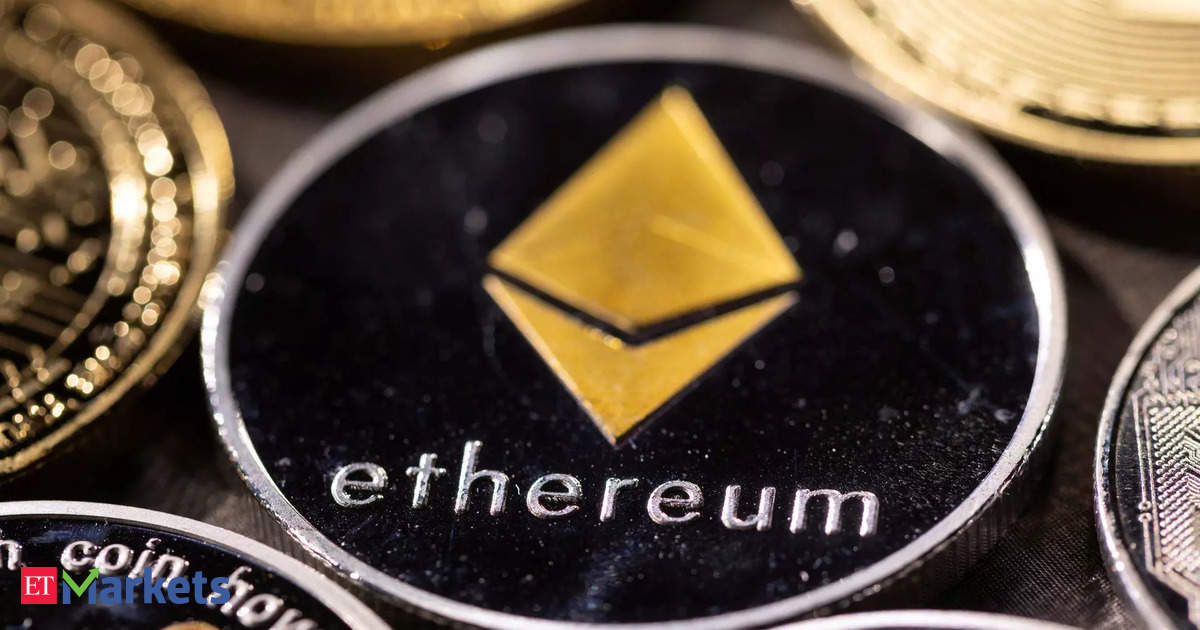Timing for US ether ETF launches depends on how fast issuers can move, SEC chair says
The SEC still has to approve the issuers' registration statements detailing investor disclosures before they can start trading. That process usually involves a lot of back and forth between the ETF issuers and SEC officials.
"These registrants are self-motivated to be responsive to the comments they get, but it's really up to them how responsive they are," he said. Gensler declined to say whether he thought that process would take weeks or months.
Gensler and agency officials had not commented previously on why the SEC appeared to do a U-turn and approve the ether exchange filings.
On Wednesday, Gensler said last year's court challenge brought by Investments which forced the SEC to approve spot ETFs in January had influenced its thinking on the ether products.
Grayscale successfully argued that because the SEC previously approved ETFs tied to bitcoin futures it should also approve spot bitcoin ETFs, since bitcoin futures prices are highly correlated with spot prices.
Gensler said the cases are similar, since ethereum futures have been trading since last year. SEC staff "looked at these (ether) filings, looked at the various correlations... the correlations are relatively similar to the correlations in the bitcoin space," Gensler said.
After the court ruled last year in Grayscale's favor, the SEC approved spot bitcoin ETFs in January. Gensler in a statement at the time acknowledged the court's decision, adding he felt that approving the products was "the most sustainable path forward."
The SEC had for a decade rejected bitcoin ETFs. "Courts ruled otherwise. We adjusted," Gensler said.
Still, he added he continues to see the crypto space as "rife with fraud and scams and conflicts."
Source: Forex-Markets-Economic Times
